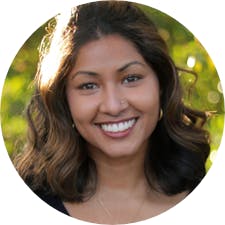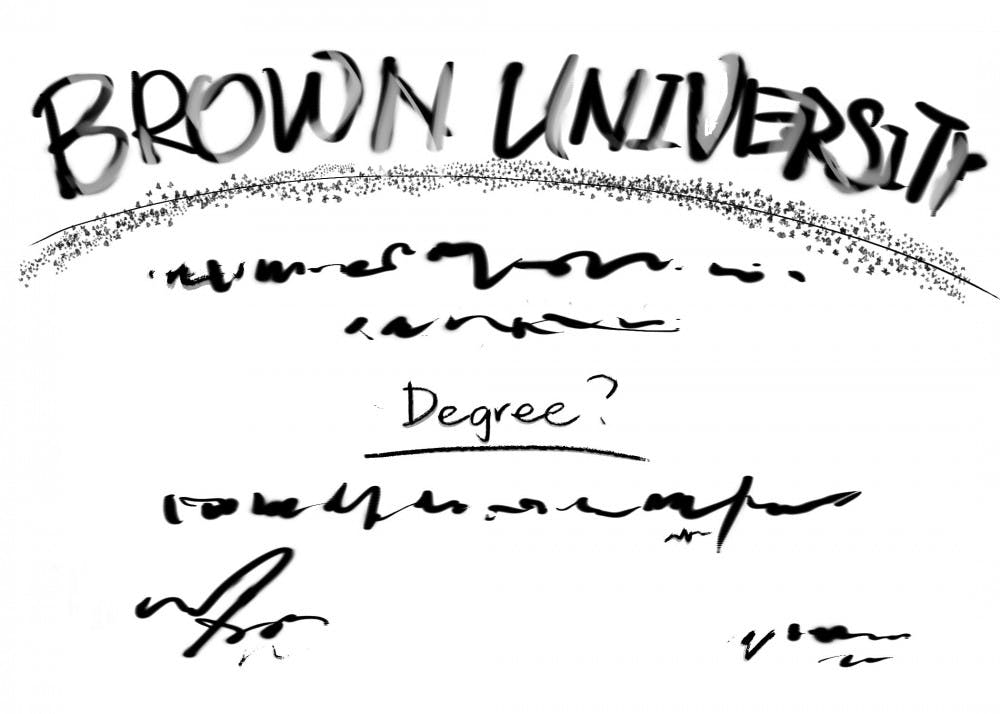Almost two years ago, the certificate program was introduced to the University’s curriculum. Since the start of this academic year, when the first two certificates opened, 20 certificates declared in either data science or entrepreneurship have been approved, according to Dean of the College Rashid Zia ’01.
“We are excited to be at the start of a new educational program,” Zia wrote in an email to The Herald.
In addition to the existing certificates, the College Curriculum Council just approved a certificate in engaged scholarship, according to Zia, who is also the council's chair. The program will adapt the Swearer Center’s Engaged Scholar Program and will start accepting declarations next fall.
Sheila Haggerty P’19, academic program manager at the Nelson Center for Entrepreneurship, found that the certification in entrepreneurship has allowed students in a variety of concentrations to identify society’s needs and determine how to address them.
“It’s a process for understanding and validating an unmet need, developing a ‘value proposition’ to address that unmet need and developing a sustainable model that allows for scaling that proposition,” Haggerty said. She added that the certificate helps students solve problems across disciplinary boundaries.
Haggerty said she is excited for the Nelson Center’s entrepreneurship program to grow so that the center can continue dismantling the barriers often associated with entrepreneurship, such as the idea that entrepreneurs must be involved in technology or business. “Brown tends to focus more on solving social problems, and I think that’s a real signature of our students.”
The data fluency certificate, directed by Bjorn Sandstede, applied math department chair, similarly aims to educate students on using data analysis to solve problems and answer questions.
The certificate also provides students a formal structure to “gain fluency and facility with the tools of data analysis and its conceptual framework,” Sandstede wrote in an email to The Herald. He noted that the data fluency certificate offers a more direct pathway to data science than a full concentration in statistics or computer science in the data track.
Certificates usually require fewer courses for completion than a concentration –– both the data fluency certificate and the entrepreneurship certificate require only five credits.
“The certificate is carefully constructed with certificate level learning outcomes distributed across the four courses and the experiential component. It represents the application of data science skills within a domain area, something that may or may not occur by randomly taking courses,” Sandstede wrote. “It also provides a formal acknowledgment of the data science courses taken by a student.”
Before hearing about the Entrepreneurship certification, Francesca Raoelison ’22 planned to concentrate in the C.V. Starr Program in Business, Entrepreneurship and Organization on the Organizational Studies track.
Once she realized she had already taken the core courses necessary to complete the certificate, she decided to switch her concentration to sociology in order to take more classes that would help her build her startup.
Raeolison is the founder of Omena, a nonprofit that aims to educate people from her native country of Madagascar on the signs of emotional abuse and resources for survivors.
“My venture is focused on bringing social change in my country … how to bring change is the theory behind sociology,” Raeolison said. She added that how to actually make “that change happen is what (she’s) learning through the entrepreneurship certificate.
Zia said he believes that while many students choose certificates that align with their concentration, the certificate program also appeals to those who may want to build new skills. Zia wrote that if he was still a student, he would have been interested in pursuing the data science certificate to combine with his interest in English.
“As a student, I very much enjoyed textual analysis and looking at the frequency and usage of words and phrases by authors — circling passages and looking up etymologies in the Oxford English Dictionary,” wrote Zia. “Through the data fluency certificate, I can imagine how natural language programming would allow me to explore the corpus of an author or group of authors in exciting ways.”
In order to be approved, a proposed certificate program must be reviewed by the CCC, which assesses the key learning objectives, the list of required and elective courses and student and faculty interest. Proposed certificates are meant to “augment or complement,” and therefore must be formally distinct from pre-existing concentrations, Zia wrote.
In the past, the University considered adding language certificates, The Herald previously reported. But since certificates need to be offered in areas distinct from concentrations, language certificates would not be allowed to overlap with existing concentrations, Zia wrote.
Additionally, a certificate in sustainability was considered when the program was first introduced in 2019, but Zia wrote that a formal process and sponsor from the department would be needed to create the program.

Gaya Gupta was Senior Editor of Digital News for the 132rd Editorial Board. She previously covered diversity on campus. She is a junior from the San Francisco Bay Area studying computer science and English.





